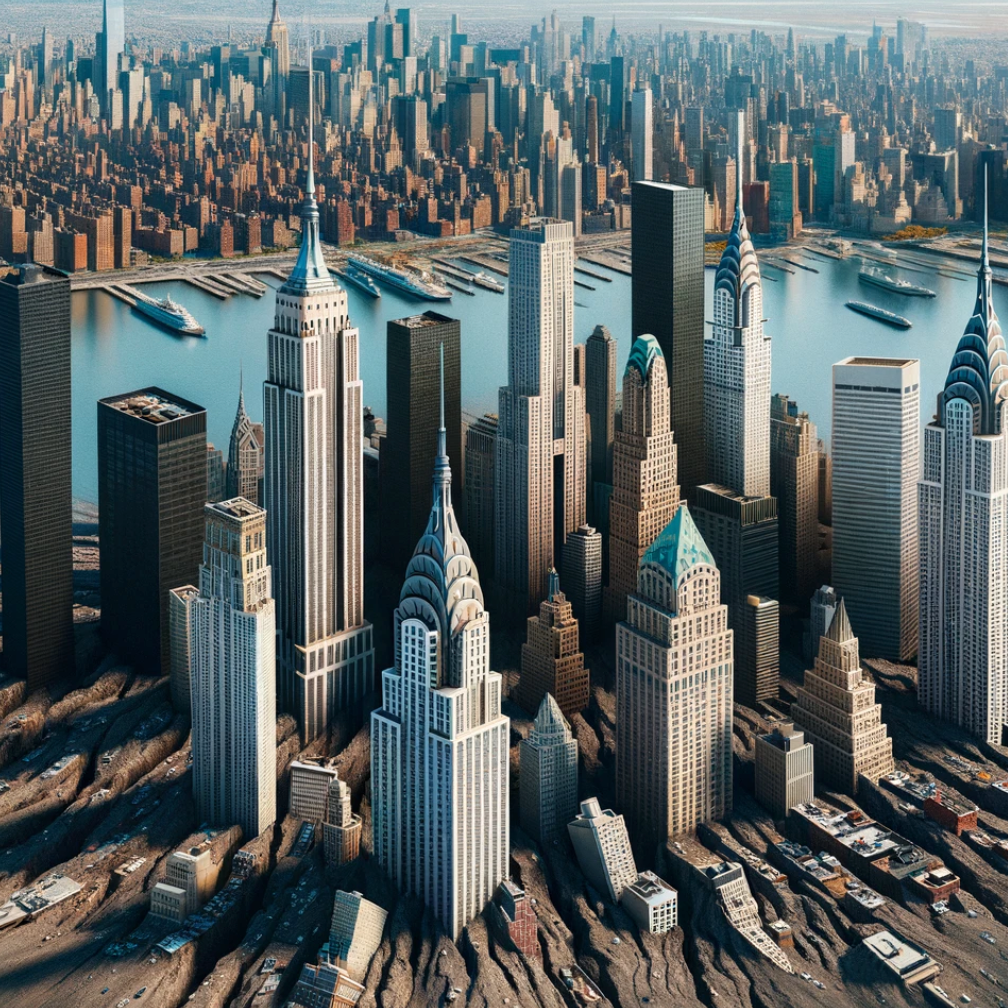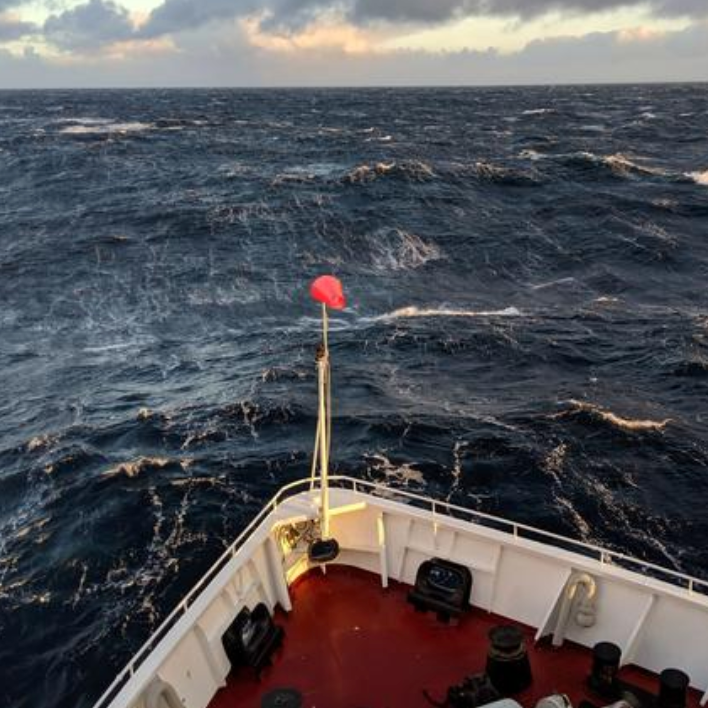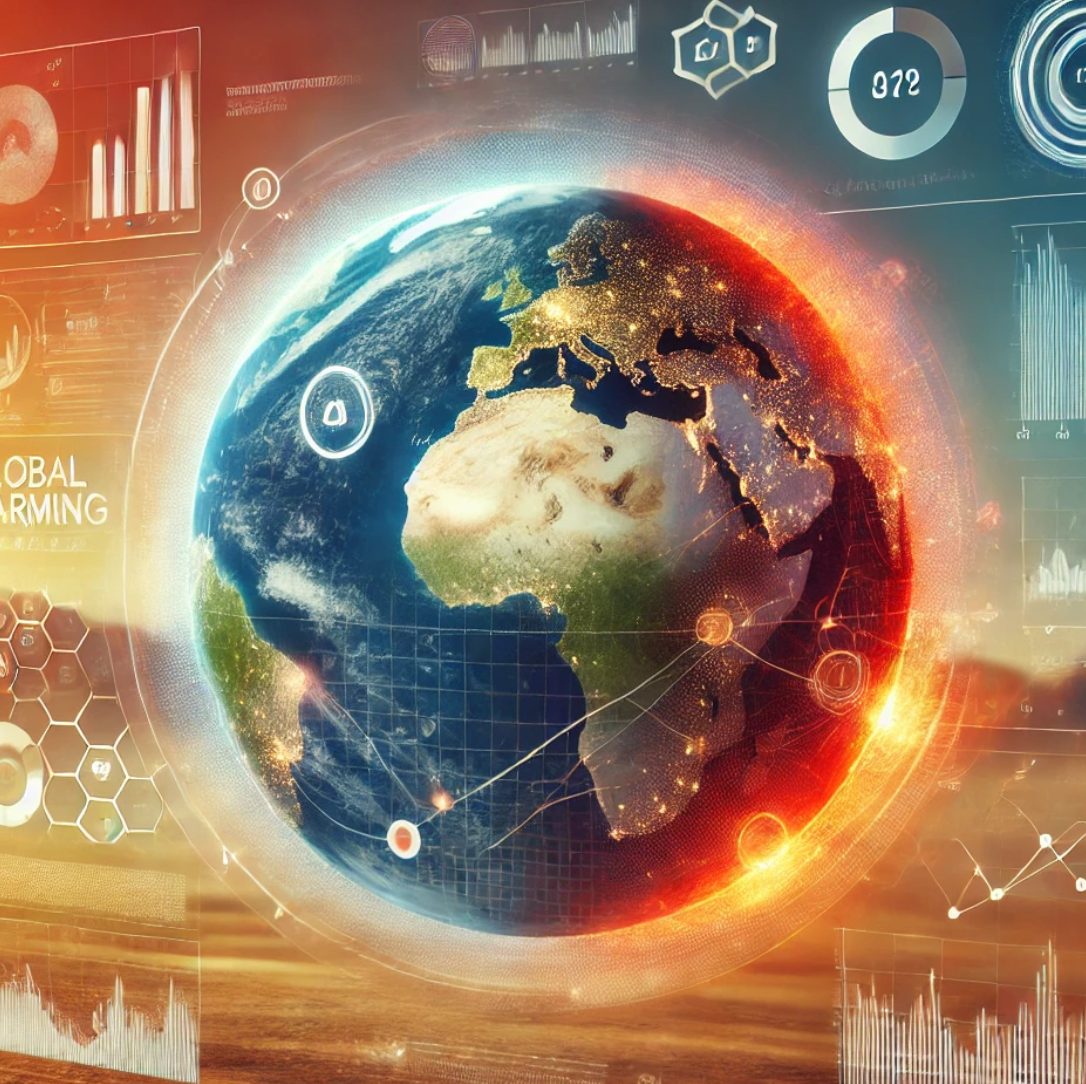What’s worse than global warming?
Jun. 06, 2024.
2 mins. read.
Interactions
Answer: Global warming with ozone pollution
That’s the conclusion of a new study that finds climate change will likely generate upward spikes of ozone at ground level by 2050.
That could result in many parts of the United States (for example) falling out of compliance with air quality standards. That means increasing risks to public health, according to a statement by James East, first author of a paper on the study and a researcher at Harvard University. “Warmer temperatures are correlated with increases to ozone in polluted areas,” East said.
Higher air pollution
Ozone can naturally occur at ground level, but it’s often formed by volatile organic compounds (VOCs) interacting with nitrogen oxides (NOx)—both are air pollutants.
“That means areas that already have higher levels of air pollution of VOCs and NOx will likely see increases in ozone as average temperatures go up,” says East.
“That’s important because ground-level ozone can cause a wide array of health problems, including decreased lung function and inflammation of airways, contributing to hundreds of thousands of deaths each year.
“Even in the best-case scenario, we found that more variability in ozone levels is projected for 2050, meaning that we’d still expect to see an increase in the number of days where there is an exceptionally high increase in ozone, violating the air quality standard,” East said.
Worst-case scenario
In the worst-case scenario, the climate is highly sensitive to carbon dioxide. In that case, the study says the high end of ozone measurements would increase by more than 2.3 ppb (parts per billion). This would mean that many parts of the country would see a significant increase in the number of days when ozone levels exceed air quality standards.
“Our study finds that between 5 million and 13 million additional people will be exposed to dangerously high levels of ozone in 2050,” East says.
The paper, “Projecting Changes in the Frequency and Magnitude of Ozone Pollution Events Under Uncertain Climate Sensitivity,” is published in the open-access journal Earth’s Future.
The work was supported by the Natural Sciences and Engineering Research Council of Canada.
Citation: East, J. D., Monier, E., Saari, R. K., & Garcia-Menendez, F. (2024). Projecting Changes in the Frequency and Magnitude of Ozone Pollution Events Under Uncertain Climate Sensitivity. Earth’s Future, 12(6), e2023EF003941. https://doi.org/10.1029/2023EF003941 (open access)
Let us know your thoughts! Sign up for a Mindplex account now, join our Telegram, or follow us on Twitter.


.png)

.png)


.png)





0 Comments
0 thoughts on “What’s worse than global warming?”